In this work, the novelist places us in front of the subject of the mysterious crime, to put the reader under a suspenseful deception that he wrote with high professionalism and in a literary language that took on a dialogical character in a style distinguished by simplicity in expression and enjoyable narration that makes us yearn to know more about the truth. The novel talks about a young man who was killed by a car bomb. Here, the highest court in the United States with its nine judges begins to investigate the incident “One day in one month, two people were found dead.” It is a professional work that no one will be able to find any answers to – there is no connection between the two murders, and no cause for the deaths.
Pelican Brief
د.ا4.97د.ا5.68
Arabic / English
The Pelican Brief provides a thorough and simplified analysis of its subject, combining academic research with a clear style, making it an ideal resource for curious readers.
| Categories: | Literature, Novels, World literature |
|---|---|
| Tags: | literature, Novels, stories, World Literature |
| Author | |
|---|---|
| Year |
You may also like…
-
Ahmed Matar Complete Works
د.ا9.94It includes bold poems that mix sarcasm and symbolism, expressing issues of freedom and social and political injustice
د.ا11.36 -
Great Expectations
د.ا4.97Arabic / English
A novel that tells the story of Pip, a young orphan, ascending to the social stage, and his reflections on love, ambition and betrayal, amidst a journey of self-discovery.د.ا5.68 -
Related products
-
One Hundred Years of Solitude
د.ا12.07One Hundred Years of Solitude is a 1967 novel by Colombian author Gabriel García Márquez that tells the multi-generational story of the Buendía family, whose patriarch, José Arcadio Buendía, founded the fictitious town of Macondo. The novel is often cited as one of the supreme achievements in world literature.
د.ا17.75 -
The Alchemist
د.ا4.97The Alchemist (Portuguese: O Alquimista) is a novel by Brazilian author Paulo Coelho which was first published in 1988. Originally written in Portuguese, it became a widely translated international bestseller. The story follows the shepherd boy Santiago in his journey across North Africa to the Egyptian pyramids after he dreams of finding treasure there.
د.ا7.10 -
Returning to Haifa
د.ا2.13Ghassan Kanafani is a Palestinian novelist, storyteller, and journalist, and is considered one of the most famous Arab writers and journalists in the twentieth century. His literary works, including novels and short stories, were deeply rooted in Arab and Palestinian culture
د.ا3.55 -
For Bread Alone
د.ا4.97For Bread Alone , al-Khubz al-Hafi) is a controversial autobiographical work by Mohammed Choukri. It was written in Arabic in 1972 and translated into English by Paul Bowles in 1973.[1] In 1980, it was published in French as Le Pain Nu in a translation by Tahar Ben Jelloun. The novel has been translated into 39 foreign languages[2] and adapted into a French graphic novel by Abdelaziz Mouride [fr].[3]
د.ا7.10 -
Palestinian resistance literature under occupation
د.ا3.55Ghassan Kanafani is a Palestinian novelist, storyteller, and journalist, and is considered one of the most famous Arab writers and journalists in the twentieth century. His literary works, including novels and short stories, were deeply rooted in Arab and Palestinian culture
د.ا4.97 -
Two years, eight months and twenty-eight nights
د.ا7.10A book that blends fiction and nonfiction to explore issues of religion, identity and human conflict
د.ا8.52 -
A world that is not ours
د.ا2.13Ghassan Kanafani is a Palestinian novelist, storyteller, and journalist, and is considered one of the most famous Arab writers and journalists in the twentieth century. His literary works, including novels and short stories, were deeply rooted in Arab and Palestinian culture
د.ا3.55 -
Lover
د.ا2.13Ghassan Kanafani is a Palestinian novelist, storyteller, and journalist, and is considered one of the most famous Arab writers and journalists in the twentieth century. His literary works, including novels and short stories, were deeply rooted in Arab and Palestinian culture
د.ا3.55
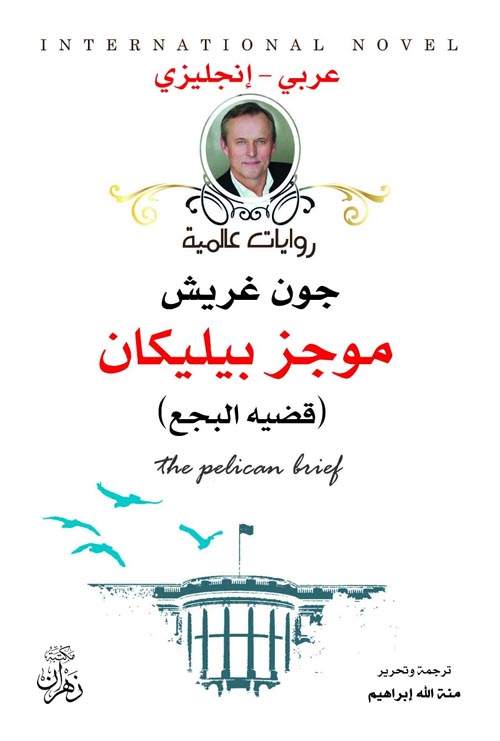
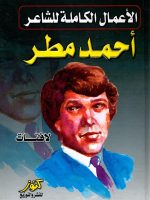


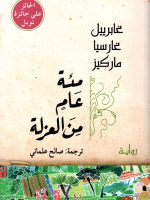
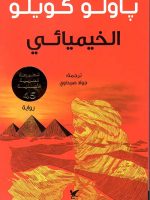
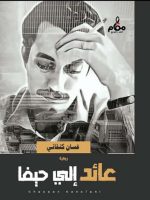
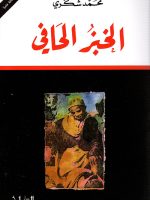
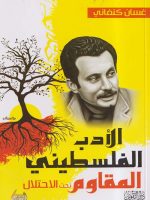
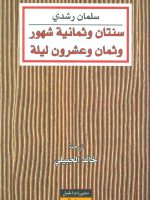

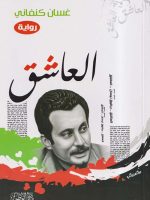
Be the first to review “Pelican Brief”